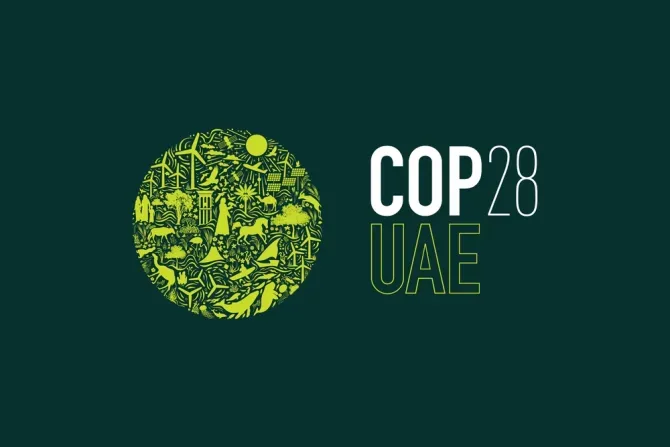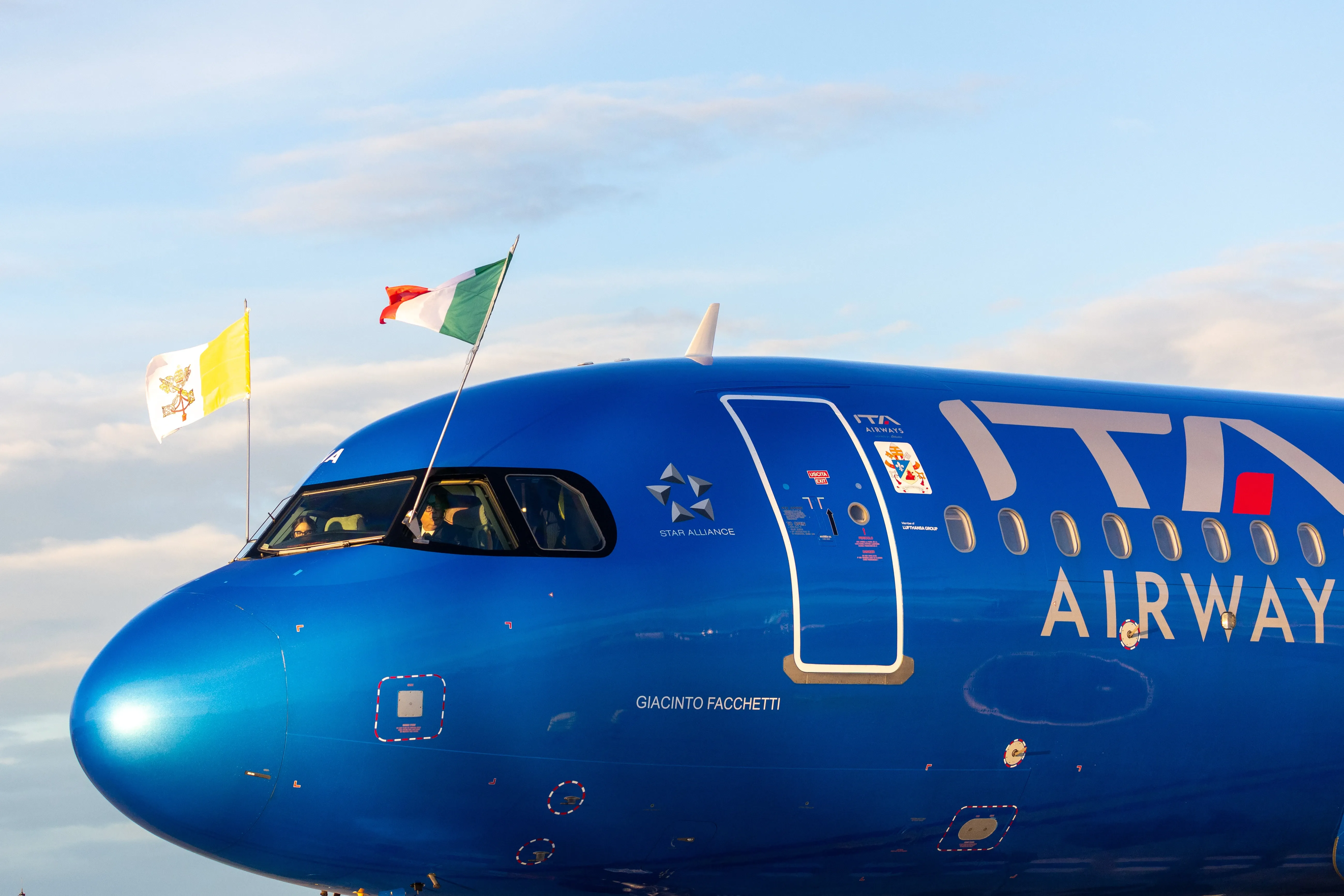“As we stand at the precipice of history, considering the gravity of the challenges we collectively face, we remain mindful of the legacy we will leave for generations to come,” the document says.
“We ardently implore all decision-makers assembled at COP28 to seize this decisive moment and to act with urgency, weaving a tapestry of shared action and profound responsibility,” it continues. “The urgency of the hour demands that we act swiftly, collaboratively, and resolutely to heal our wounded world and preserve the splendor of our common home.”
Among the calls to actions the statement makes, it asks heads of state, governments, and nonstate actors to “champion the development of a faith-based ecological narrative, continuous learning, and the integration of ecological teachings and values within educational, religious, and cultural institutions, nurturing a holistic understanding of our interconnectedness.”
It also calls for active participation in public discourse on environmental matters and to “lead the pursuit and reimagining of sustainable lower carbon lifestyles and social progress rooted in harmony with the earth and respect for its resources.”
The gathering of religious leaders was organized by the Muslim Council of Elders, the COP28 Presidency, and the United Nations Environmental Programme.
In a Nov. 7 interview with Vatican News in Abu Dhabi, Parolin said Pope Francis is “very interested” in the issue of climate change.
While climate change is a “secular issue,” religious leaders are implicated because there is also an “ethical and moral dimension,” the cardinal said.
“I think that in this issue,” he added, “the religious leader has a voice to say something and to add motivation to the present commitment of the world to tackle this issue.”
COP28, the United Nations annual climate change conference, will take place at the Expo City Dubai Nov. 30–Dec. 12. The Vatican announced last week that Pope Francis will travel to Dubai Dec. 1–3. He is expected to address the summit together with other religious leaders.
Known as the “Conference of the Parties” (COP), the meeting includes governments that have signed the U.N. Framework Convention on Climate Change, the Kyoto Protocol, and/or the Paris Agreement.








